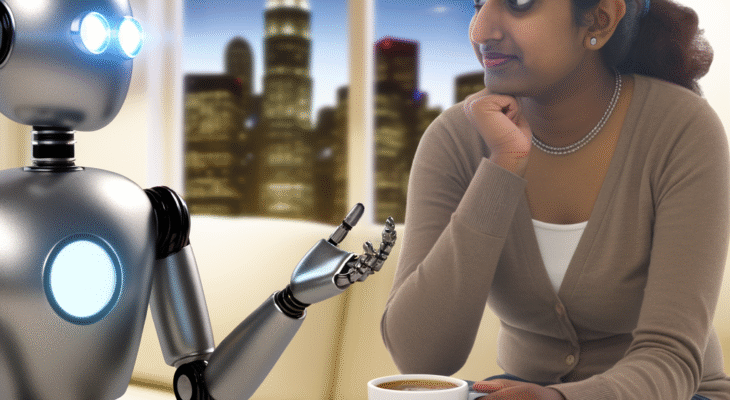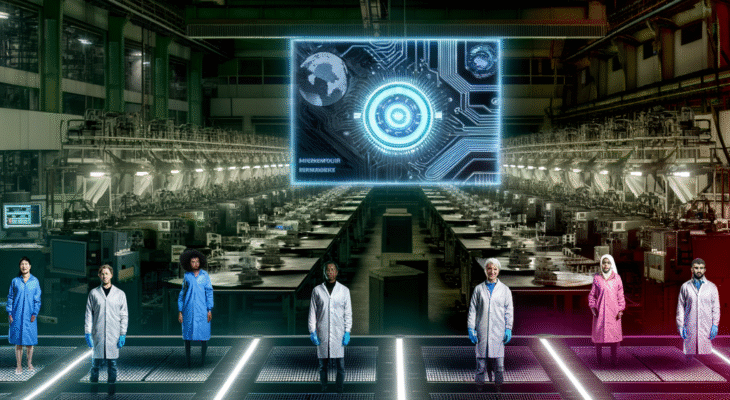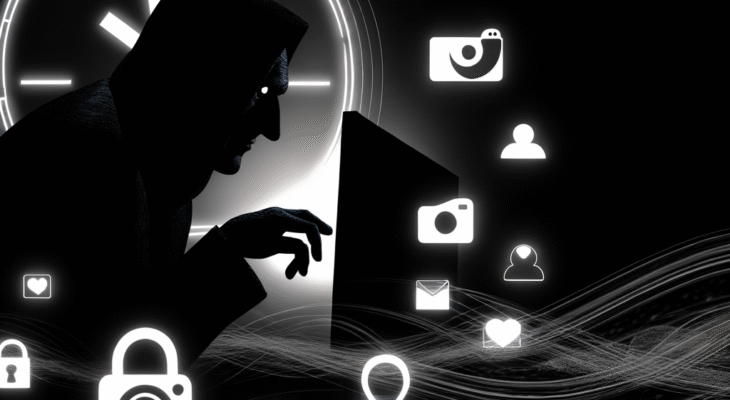Why Artificial Intelligence Isn’t Human or Intelligent

Exploring the Myths of AI
Have you ever had a conversation with an AI and thought, “Wow, it sounds almost human!”? Many of us have been wowed by how sophisticated artificial intelligence can seem. But here's the kicker: AI is **not human** and it's **not truly intelligent**. Let’s unravel this together, over a cup of coffee.
The Rise of AI Psychosis
There's a growing concern in the tech community about what some are calling **AI psychosis**. This term references our tendency to anthropomorphize technology — you know, assigning human attributes to things that aren’t human. There are experts warning us about the risks of taking AI too seriously. If we start believing that machines can feel, think, or understand us, we might be headed for trouble.
What AI Can Do
AI has made remarkable strides. From creating art to driving cars, it often performs tasks humans excel at. But let’s be real here: AI operates on patterns and algorithms. It analyzes vast amounts of data and predicts outcomes, but it doesn't have feelings, beliefs, or consciousness.
Think of it this way: when AI spits out an answer or sums up a conversation, it’s not drawing on personal experience or understanding the context in a human way. It’s just a clever mimicry of our patterns. It’s impressive, sure. But let’s remember what it really is — a tool, not a partner.
Understanding AI's Limitations
So, why does this distinction matter? Well, understanding that AI is limited can help us navigate its use in our lives. Here are a few points to consider:
- No Emotions: AI has no feelings. It can’t empathize or relate to human emotions.
- No Intuition: Decisions made by AI lack the human touch. They’re not based on instincts but rather on data.
- Vulnerability to Errors: Algorithms can make mistakes, especially if they encounter new situations they weren't trained on.
Finding the Balance
As we integrate AI further into our daily lives, it’s essential to find a balance. Expecting human-like insight from machines can lead to disappointment and misinterpretation of their capabilities. It’s our responsibility to understand these tools, using them wisely while acknowledging their limits.
So next time you chat with a chatbot or marvel at AI art, remember: it’s okay to appreciate these advancements while keeping a clear mind about what they truly represent. AI is fascinating, but it’s still a long way from being a substitute for human intelligence.
Stay Curious!
If you’re as intrigued by AI as I am, stay tuned for more discussions! And hey, if you want to dive deeper into the world of technology, check out our other posts.


